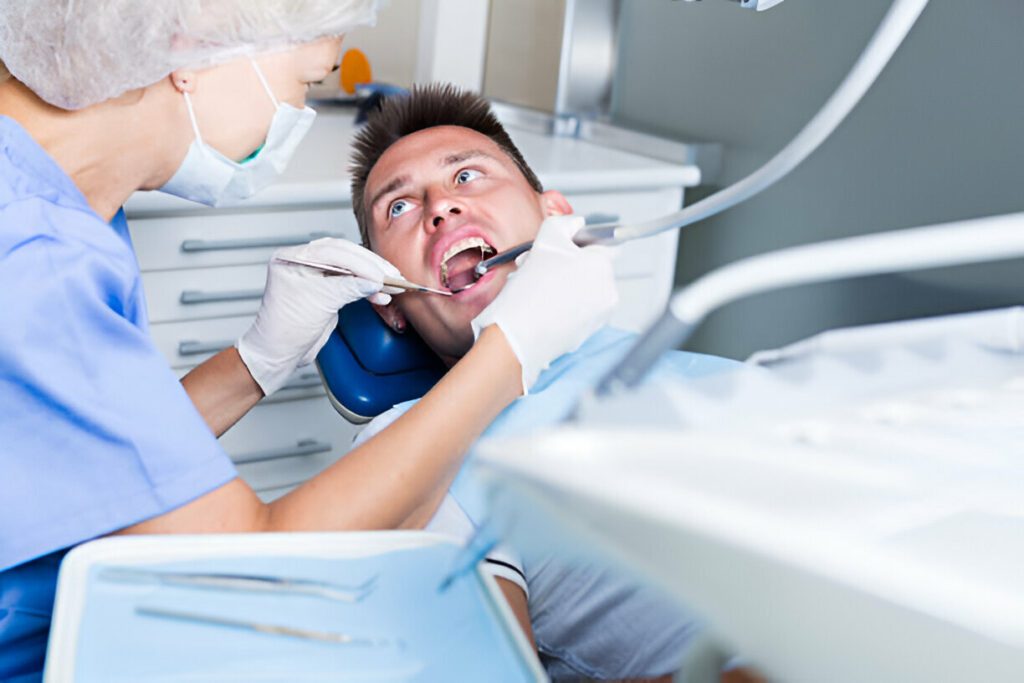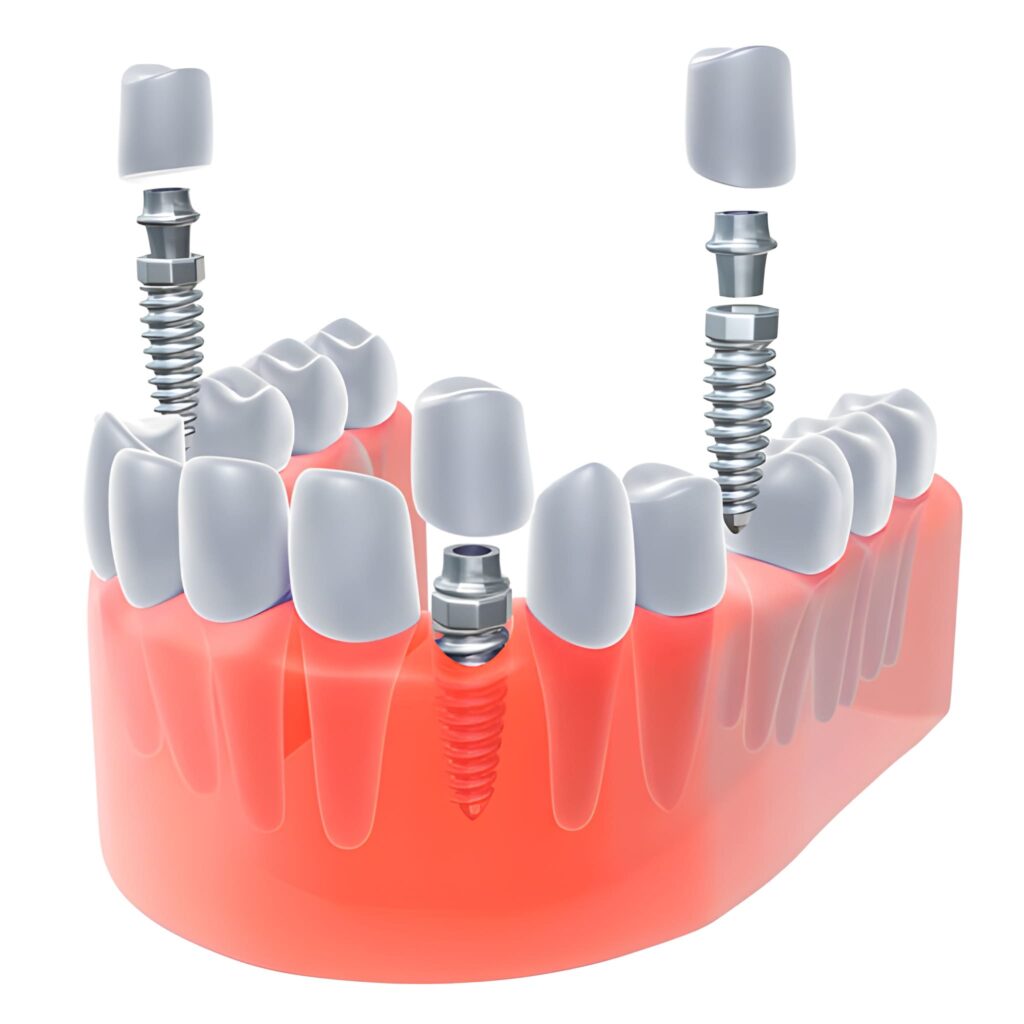When we talk about a dental emergency, we mean any situation related to your teeth or gums that requires immediate attention. Now, not every toothache counts as an emergency, but there are times when waiting even a few hours could seriously worsen your condition. So, how do you tell a regular problem from an extreme one? Let’s find out!
Recognising an Extreme Dental Emergency
Severe Toothache
The most common sign of a dental emergency is a severe toothache. If the pain is unbearable and prevents you from eating, sleeping, or going about your daily tasks, it’s time to seek help. A toothache that bad could be a sign of an infection. It needs immediate treatment. This will stop it from spreading or causing more health issues.
Knocked-Out Tooth
Another clear emergency is a knocked-out tooth. If you act quickly, a dentist might be able to put it back in place. Remember, the sooner you get to a dentist after a tooth has been knocked out, the better the chances of saving it. Keep the tooth moist at all times and try to put it back in the socket without touching the root, if possible.
Broken or Chipped Tooth
If you’ve chipped or broken a tooth, this can also be an emergency. This is especially true if there’s severe pain or the damage has left sharp fragments that hurt inside your mouth. Quick action can prevent further damage or infection, and your dentist can decide the best way to repair the tooth.
Excessive Bleeding
Excessive bleeding after an extraction or from your gums is a definite emergency. Bleeding without stopping is a sign of problems. It needs immediate professional attention to control.
Swelling and Infections
Swelling in the mouth or around the jaw can be a sign of an infection, such as an abscess. It can be life-threatening if not treated promptly. If you notice any swelling, with or without pain, head to your dentist or an emergency room right away.
What Happens if You Can’t Afford Dental Treatment in the UK?
What to Do in a Dental Emergency
- Stay Calm: It’s crucial to remain calm and think clearly. Panicking can make things worse.
- Call Your Dentist: Most dentists have emergency numbers for after-hours situations. Get on the phone as soon as you can.
- Care for Your Tooth: Depending on the issue, there are immediate steps you can take. For example, rinsing your mouth with warm water or using a cold compress can reduce swelling.
Prevention Tips
Preventing dental emergencies involves regular care of your teeth and gums, including:
- Brushing twice a day and flossing daily.
- Wearing a mouthguard during sports.
- Avoiding hard foods that can crack your teeth, like ice and hard candies.
- Keeping regular dental appointments for check-ups and cleanings.
Conclusion
Knowing what counts as an extreme dental emergency can save your teeth. It can sometimes save your life. If you have any of the conditions above, seek immediate help. Remember, the quicker you act, the better your chances of a full recovery.
Get Immediate Help at Cove Dental and Implant Centre
In the face of any dental emergency, your prompt response can make a huge difference. If you have severe pain, bleeding, or signs of an extreme dental emergency, do not wait. Contact Cove Dental and Implant Centre immediately. Our dedicated team is ready to provide the urgent care you need to save your smile and protect your health. Remember, in emergencies, time is of the essence.
Call us or visit our website to get the assistance you need right away. At Cove Dental and Implant Centre, we’re always here when you need us most!





